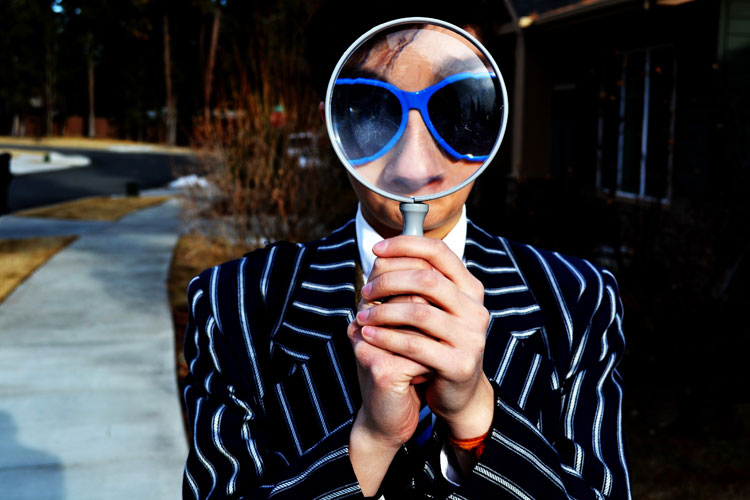by Phyllis Rude
Do you remember a time when you were jolted into a bigger reality? When you were challenged to develop empathy for someone not like you?
Decades ago, West Central Illinois farm country was home. All the children I knew lived in a stereotypical family of dad, mom and children, much like that of Dick and Jane in our basal readers. As in those books, everyone we associated with was Caucasian.
College didn’t widen my diversity experiences, for it was probably 95 percent Caucasian also. The few international students and Black students from big cities weren’t close friends. Following college, I took a teaching job in a small town, equally Caucasian.
Lack of empathy
I’m now embarrassed by the lack of empathy I had for anyone different from me, whether being from a single parent family, coming from poverty or wealth, or being of a different race. Taught that racism was a Southern (not Illinois) phenomenon, I was prejudiced and didn’t even know it.
Newspapers at the time identified Black criminals by race but did not tell us when a criminal was White. Sunbonnets and long sleeves protected us from becoming too tan, not to keep from getting skin cancer, but because we didn’t want to look Italian.
[bctt tweet=”Taught that racism was only a Southern phenomenon, I was prejudiced and didn’t know it.” username=”womenoftheelca”]
My first teacher in-service day 50 years ago began to open my eyes. High school teachers from several counties joined Peoria teachers for an illustrated presentation by journalist John Howard Griffin. Having written much about racial equality, he had begun a regimen of exposure to ultraviolet light, oral medication and skin dyes to turn his skin black.
Black like me
In 1959 he toured the South by bus and hitchhiking, experiencing rejection from restaurants, hotels and even restrooms, rejection he had not known as a White man. His book Black Like Me was based on diaries of his experiences. I could hardly believe what I was hearing and seeing in his presentation, but it made me consider life from another’s point of view. It wasn’t all about my experience, or lack of it.
Following that in-service, I read many other biographies and histories of those from other cultures. I had opportunities to interact with people from different races and socio-economic groups.
Visits to Inupiat gatherings in Nome and Shishmaref (Alaska) as a member of Women of the ELCA also opened my eyes and ears to others. I still pray to be more empathetic of others’ experiences and beg forgiveness from those I have unknowingly slighted or insulted. I’m still working to overcome my prejudices and to see God’s face in all I meet.
What experiences have you had which opened your eyes to another’s reality?
Phyllis Rude served on the churchwide executive board from 2008-2014. She lives in Anchorage, Alaska. This blog first ran in June 2014. If you’d like to talk about race in your congregation or group, download our free resources.

As the presidents representative to a SWO convention, I attended worship at a Lutheran congregation in a federal prison. That single exposure to a reality so unlike mine has forever changed me. I take worship attendance for granted and complain when it’s out of my comfort zone. The residents in prison earn their worship priviledge and one senses that. The worship space in prison is considered by the synod to be an ELCA congregation and therefore has a council of prisoners and participates in the call process and other matters. The worship that happens in that space is holy unlike some conventional congregations I’ve attended. I work hard not to take practicing worship for granted because it is not the same reality for some.